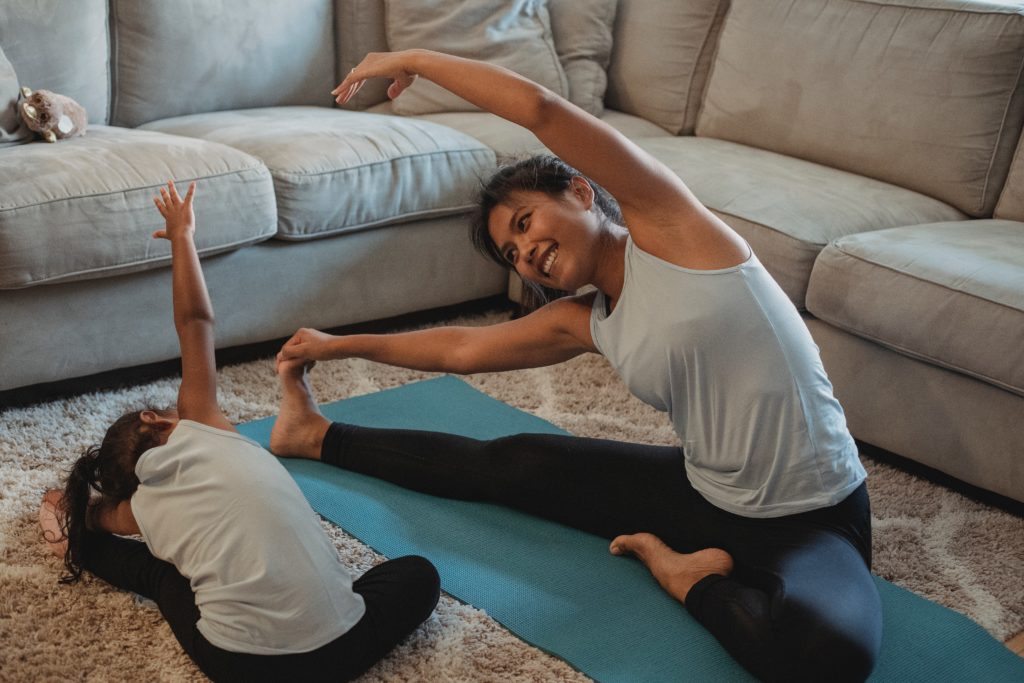Migraine can be rough on mental health. Its unpredictable attacks can be terrifying. It wrecks our plans. It forces us into the isolation of dark, quiet rooms. People misunderstand us and even judge us poorly. We beat ourselves up for our disease with shocking levels of guilt and shame. After a while, we may start to feel helpless or even hopeless.
Half of people with migraine also have depression, anxiety or both. At the same time, having a mood disorder makes migraine worse and harder to treat. Migraine, anxiety and depression are so intertwined that it’s thought they may share the same brain pathways.
Perhaps that’s why addressing your mental health is among the most effective lifestyle changes to improve migraine. Getting therapy or psychiatric help can actually improve headache and migraine as much as 67%! Let’s examine the mental health approaches that work to improve migraine.

Self-awareness and how it helps migraine
Difficult thoughts, including about migraine, can unleash powerful emotions. (If you’ve ever blamed yourself for a migraine attack, despaired over when the pain would end, or wondered can you die from a migraine?, you’ve been there.) We may react to such thoughts by fighting or shutting them away. Or the opposite: We may dwell on them and spiral into negativity. Either way, our body perceives distress and responds by triggering the stress response — bringing on even more migraine attacks.
Self-awareness is a remarkably effective tool to stop this negative cycle and improve migraine. It involves tuning into your thoughts and emotions with neutral curiosity and self-compassion, rather than with the anxiety or resistance that can trigger an attack. The Care Tuner app features many activities to encourage self-awareness for migraine, including:
-
-
- Mindfulness activities for breath awareness, moments of gratitude, mindfulness to sensations, and a personal mantra
- Guided meditations for self-compassion, grounding, defusion, sleep, building confidence, and shifting your relationship with pain
- Guided relaxation audios such as body scans, autogenics, breathing practices, visualizations, and guided imagery
- Emotion regulation activities for identifying “thinking traps,” constructing a thought map, scheduling “worry time,” and putting space between thoughts and responses
-

Address the isolation of migraine
Migraine is an isolating disease. Yet connectedness is crucial for health. Connectedness means having relationships, work, activities, and forms of play that bring you a sense of meaning, fulfillment, and purpose. It’s correlated with things like protection against illness, reduced anxiety and depression, and a longer life. Even a simple hug can release protective hormones that blocks a protein implicated in migraine attacks.
Weaving connectedness into everyday life improves migraine and mental health. The app has more than two dozen activities to help you analyze your level of connectedness, identify the biggest connectedness boosters for you, and help build them back into your life. Those include these migraine-friendly tools:
-
-
- Connectedness rating system
- Activities to strengthen communication skills
- Activities to strengthen your relationships
- Activities to help you schedule things for the sake of enjoyment
-

Build confidence in your life with migraine
Research shows that having confidence in your ability to achieve a goal is a huge factor in actually getting there. That belief in yourself is called self-efficacy. Unfortunately, because migraine so readily disrupts plans, progress, and aspirations, it often erodes self-efficacy. But there are ways to build it back.
The Care Tuner app helps you build confidence in your ability to manage migraine, reduce anxiety, and strengthen your coping skills with features like:
-
-
- Reflection activities to build confidence through Mastery
- Activities to help you set goals and pace yourself to get there
- Activities to learn from others’ experiences with success
- Activities to boost your support system for accountability
- Activities for Self-Regulation, including body scans and meditations
- Visualization activities focused on your goals
-
Grow into a full life with migraine
The pain and suffering of migraine can leave us feeling stuck. That can lead to a fixed mindset — the belief that nothing is going to change or improve. But fixating on pain and helplessness is known to increase migraine. A growth mindset, on the other hand, reduces suffering and encourages active coping, so you can make progress.
The app contains all the reflection activities you need to build a growth mindset, including:
-
-
- Activities to build acceptance and move forward
- Activities to help you take meaningful actions and maintain motivation
- Activities to help you recognize and celebrate successes
- Meditations and visualizations
-
Struggling with migraine and depression? You are not alone.
When you live with migraine, depression often comes along for the ride. But there are so many ways to help improve both your mood and migraine. Don’t wait to start feeling better. Move toward better health with migraine today by downloading the Care Tuner app. We’ll be there to support you every step of the way.







